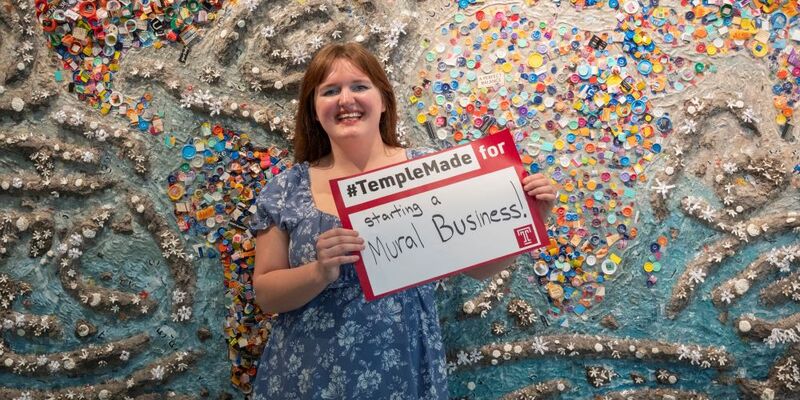Brushstrokes and Business: Temple Student Turns Passion into Entrepreneurial Canvas

Abigail McNavage: Artistic Vision Meets Entrepreneurial Spirit
Academic Credentials
- Degree: BFA in Painting with Entrepreneurial Studies
- Academic Distinction: Honors Program Graduate
- Institution: Tyler School of Art and Architecture
- Hometown: Perkasie, Pennsylvania
My Temple Journey
As a passionate painter with an entrepreneurial drive, I was drawn to Temple University for its unique blend of creative expression and practical business skills. The Tyler School of Art and Architecture offered me the perfect platform to not only develop my artistic talents but also understand the strategic aspects of turning creativity into a sustainable career.
